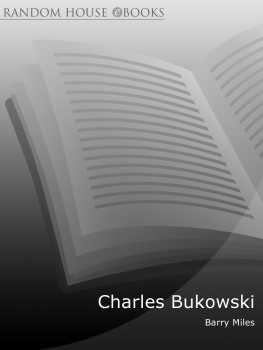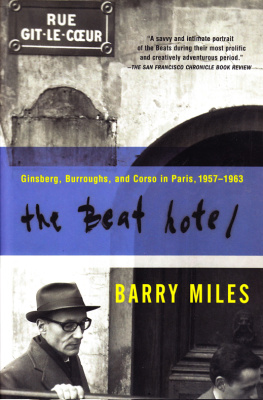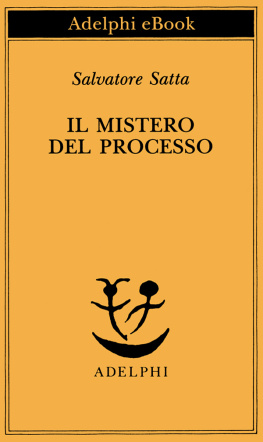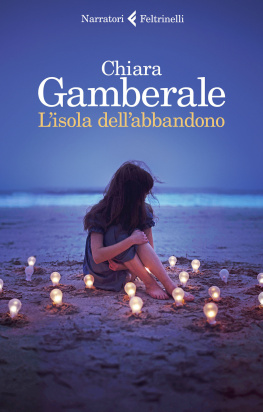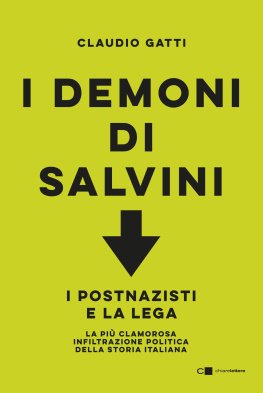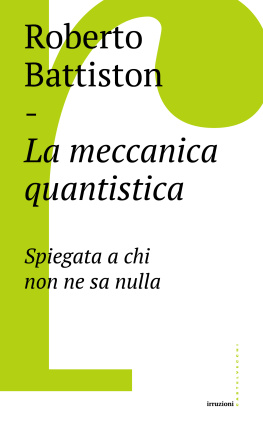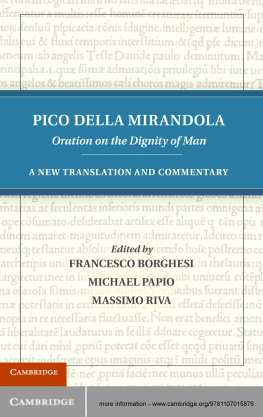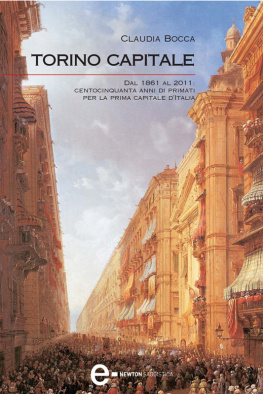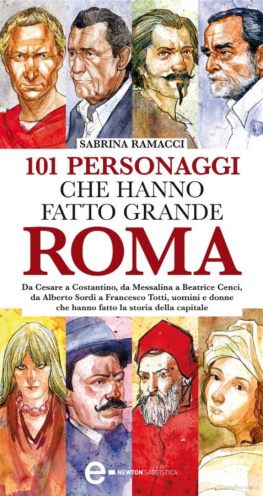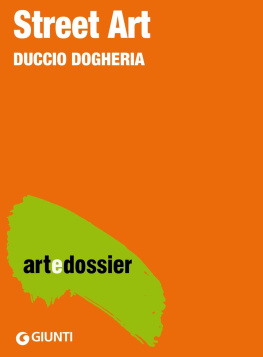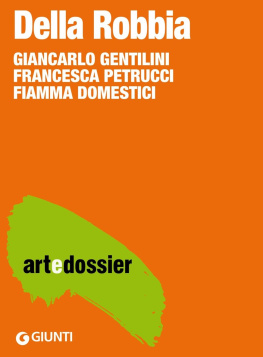Copyright
First published in hardback in Great Britain in 2010 by Atlantic Books, an imprint of Grove Atlantic Ltd.
Copyright Barry Miles, 2010
The moral right of Barry Miles to be identified as the author of this work has been asserted by him in accordance with the Copyright, Designs and Patents Acts of 1988.
All rights reserved. No part of this publication may be reproduced, stored in a retrieval system, or transmitted in any form or by any means, electronic, mechanical, photocopying, recording, or otherwise, without the prior permission of both the copyright owner and the above publisher of this book.
Every effort has been made to trace or contact all copyright holders. The publishers will be pleased to make good any omissions or rectify any mistakes brought to their attention at the earliest opportunity.
Atlantic Books
An imprint of Grove Atlantic Ltd
Ormond House
2627 Boswell Street
London
wC1N 3JZ
www.atlantic-books.co.uk
First eBook Edition: January 2010
ISBN: 978-1-843-54613-9
Contents
Acknowledgements
Many thanks to Richard Adams, Kate Archard, Peter Asher, Don Atyeo, James Birch, Peter Blegvad, Julia Bigham, Christine and Jennifer Binnie of the Neo-Naturists, Victor Bockris, Joe Boyd, Sebastian Boyle of the Boyle Family, Valerie Boyd, Lloyd Bradley, Udo Breger, Alastair Brotchie and the Institutum Pataphysicum Londiniense, Peter Broxton, Aaron Budnick at Red Snapper Books, Stephen Calloway at the V&A, Simon Caulkin, Pierre Coinde and Gary ODwyer at The Centre of Attention, Harold Chapman, Rob Chapman, Chris Charlesworth, Tchaik Chassey, Caroline Coon, David Courts, David Critchley, Virginia Damtsa at Riflemaker Gallery, Andy Davis, David Dawson, Felix Dennis, Jeff Dexter, Michael Dillan at Gerrys, John Dunbar, Danny Eccleston at Mojo, Roger Ely, Michael English, Mike Evans, Marianne Faithfull, Colin Fallows at John Moores Liverpool University, College of Art, Nina Fowler, Neal Fox, Raymond Foye, Richard Garner, Hilary Gerrard, Adrian Glew at the Tate Archives, Anthony Haden Guest, Susan Hall, Jim Haynes, Michael Head, Michael Henshaw, John Hopkins (Hoppy), Michael Horovitz, Mick Jones of the Clash, Graham Keen, Gerald Laing, David Larcher, George Lawson, Mike Lesser, Liliane Lijn, Paul McCartney, Owen McFadden at BBC Radio Belfast, Michael McInnerney, Howard Marks, John May, James Maycock, James Mayor of the Mayor Gallery, Susan Miles, Theo Miles, Amanda Lady Neidpath, Thomas Neurath, Jon Newey at Jazzwise, Philip Norman, Melissa North, Lady Jaye and Genesis Breyer P-Orridge, Mal Peachy at Essential Works, John Pearce, Gary Peters, Dick Pountain, Susan Ready, Marsha Rowe, Greg Sams, Jon Savage, Andrew Sclanders at Beatbooks.com, Paul Smith, Peter Stansill, Susan Stenger, Martha Stevens, Tot Taylor at Riflemaker Gallery, Paul Timberlake, Dave Tomlin, Dan Topolski, Charlotte Troy at the Hayward Gallery, Simon Vinkenoog, Anthony Wall at BBC Arena TV, Nigel Waymouth, Mark Webber, Carl Williams at Maggs Brothers Rare Books, John Williams, Mark Williams, Andrew Wilson at the Tate Gallery, Michael Wojas at the Colony Room, Peter Wollen.
To Michael Head for his recordings of my onstage interview with Michael Horovitz (Riflemaker Gallery, 30 January 2007); to Jon Savage for giving me access to his punk interviews, his London photographs and his CD compilations of London songs; to Rob Chapman and also Andy Davis for providing valuable DVDs of archive fifties and sixties TV documentaries; to James Maycock for some extremely rare DVDs; to Owen McFadden for hard-to-find DVDs and CDs of radio and TV programmes; to Anthony Wall for Arena documentaries; to Andrew Scanders for finding tricky sixties documentation.
Special thanks to the Society of Authors for an Authors Foundation award which enabled me to extend my research. To James Birch, Valerie Boyd, Caroline Coon and Genesis P-Orridge, who kindly allowed me to interview them. To Toby Mundy, Sarah Norman and Daniel Scott at Grove Atlantic, to Mark Handsley for his fine copy-edit all remaining mistakes are still mine and, most of all, to Rosemary Bailey for reading and re-reading the manuscript, correcting my numerous mistakes and, as usual, making extremely valuable editorial suggestions.
Introduction
Look at London, a city that existed for several centuries before anything approximating England had been thought of. It has a far stronger sense of itself and its identity than Britain as a whole or England. It has grown, layer on layer, for 2,000 years, sustaining generation after generation of newcomers.
DEYAN SUDJIC, Cities on the Edge of Chaos
My earliest memories are of London in the forties: watching the red tube trains running across the rooftops, which was how it looked to a three-year-old peering out of the grimy window on the second floor, seeing the Metropolitan line trains on their way to Hammersmith. I remember running with a gang of local kids to buy chips from the fish and chip shop on the corner: they had to hand the pennies up to the counter for me because I was too small to reach it myself. But these were memories of a visit. My parents had lived in London before the war when my father drove a London tram, but my mother returned to her family in the Cotswolds when my father joined the armed forces to fight against the Nazis. Consequently, though Im told I was probably conceived in London, I was born in the Cotswolds. I always felt there had been some mistake. After demobilization, my father returned to London Transport and drove a bus so we often visited him in London. But the bombing had caused a tremendous housing shortage and there was no way we could join him there. Eventually he got a job in the Cotswolds, and we settled into country life. But I never forgot London and hankered after the city throughout my childhood.
On the bus between Cheltenham and Cirencester I would fantasize all the way that there was a row of houses on each side, blocking out the trees and fields. In 1959, shortly after turning sixteen, I hitch-hiked around the south coast with a friend, a copy of Jack Kerouacs On the Road in my pocket, spending the nights in barns, with London as our ultimate destination. I had a cousin whose family had been rehoused in a prefab in Wembley and the previous year he and I had explored Soho together, so we headed there, the only part of London I knew. We went to the 2is coffee bar and the Partisan coffee house on Carlisle Street, where a bearded man wearing sunglasses at nighttime strummed a guitar and people sat around playing chess and drinking coffee from glass cups. We finished up just down the street, two doors from Soho Square, drinking wine with the waiters at La Roca Spanish restaurant, now the Toucan Irish bar. That night they let us unroll our sleeping bags in the basement among the wine racks and shelves of plates and napkins. To a teenage Cotswold lad, this was the height of bohemian life, just the sort of thing that Kerouac might have done. This was the life I wanted. I was determined to live in London and throughout my years at art college I hitch-hiked to town as often as I could, staying on couches and floors, sometimes even finding a welcoming bed. In 1963 I achieved my aim. I lived in Baker Street, Westbourne Terrace, Southampton Row and Lord North Street before settling in Fitzrovia almost forty years ago.
London calling were the first words heard on the crackling crystal sets across the nation when, on 14 November 1922, the 2LO transmitter of what would become the BBC first went on the air. Radio was the height of modernity and the phrase caught on immediately, so much so that Noel Coward launched a new show called


